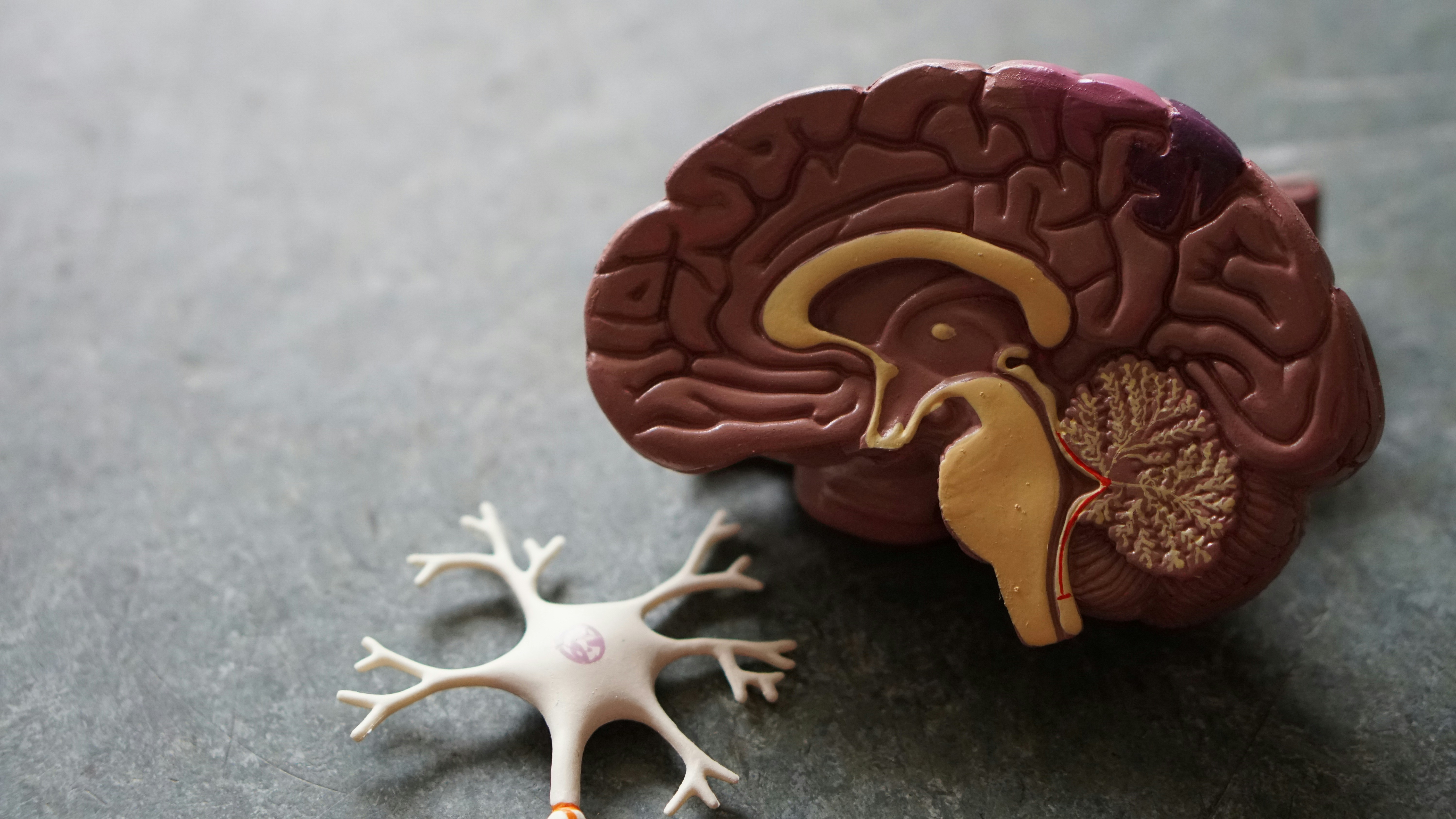News release
From:
Age-related memory loss may not be inevitable
The brain structure of elders who do not experience cognitive decline may provide insight into whether protective interventions against age-related memory loss and dementia are possible.
A gradual decline in memory as we get older is not abnormal. But this is not the case for everyone: some people, termed “superagers,” have as good a memory as those 30 years younger. Scientists have begun to leverage this phenomenon as a tool to investigate neuroprotective mechanisms for memory loss and dementia. Bryan Strange’s lab at Universidad Politécnica de Madrid in collaboration with Queen Sofia Foundation Alzheimer Centre’s CIEN foundation carried out a 5-year longitudinal study comparing the brain structure of superagers to that of older adults experiencing typical memory loss. The researchers observed significant structural differences suggesting that the integrity of brain white matter, which allows brain regions to communicate to each other, was healthier in superagers. These findings suggest that superagers have better preservation of white brain matter. Understanding the mechanisms underlying this structural difference may be an important next step in developing treatment interventions for safeguarding memory in those of us who do not naturally have these neuroprotective mechanisms in place.



 International
International


